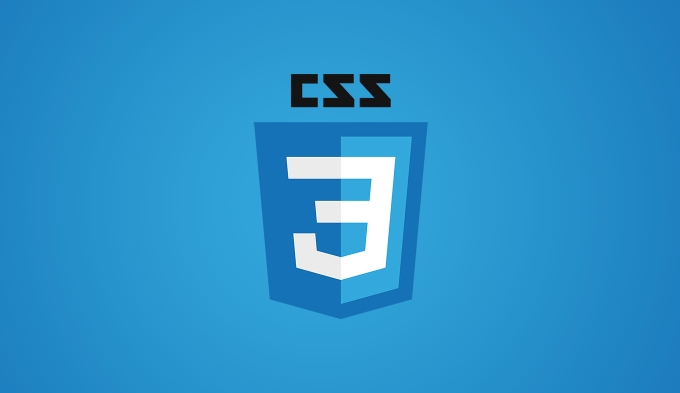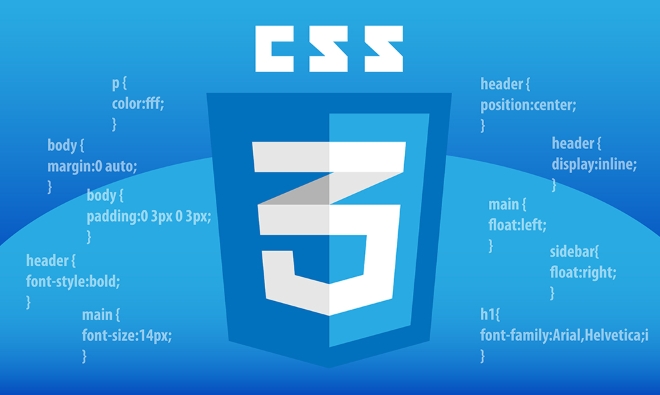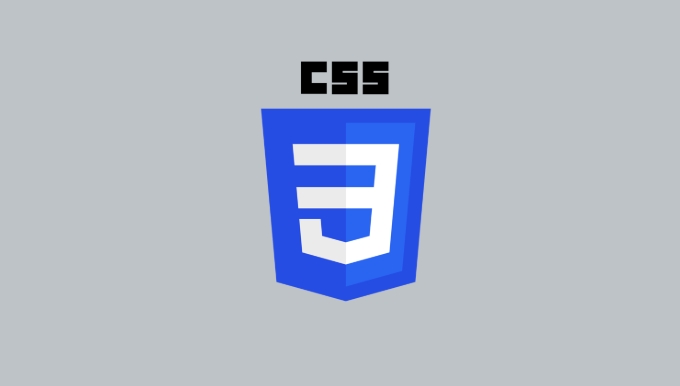The choice of CSS Grid and Flexbox depends on layout requirements. 1. For simple arrangements of "one row and one column", such as navigation bar or button group, Flexbox is more suitable; 2. For complex layouts that require simultaneously controlling rows and columns, such as dashboards or picture walls, Grid is more powerful; 3. If multi-dimensional alignment is required, Grid provides more fine control, while Flex needs additional nesting; 4. In terms of compatibility, Flexbox is used earlier and wider, the Grid learning curve is slightly steeper but has stronger functions; 5. In practice, the two are often used together, Flexbox handles the arrangement within components, and Grid controls the overall structure.

CSS Grid and Flexbox are both very practical tools when it comes to web layout. They each have their own specialty scenarios. Grid is more suitable for two-dimensional layout (row and column control at the same time), and Flexbox is more suitable for one-dimensional arrangement (either horizontally or vertically) . Which one to choose depends on what structure you want to implement.

1. See if the layout is "one row, one column" or "multiple rows, multiple columns"
If the layout you are going to do is just a row of buttons, navigation bars, or several elements arranged from left to right or top to bottom, then Flexbox is an easier and more straightforward choice .

For example, a simple navigation bar:
<nav class="flex-container"> <a href="#">Home</a> <a href="#">Article</a> <a href="#">About</a> </nav>
The corresponding CSS may be:

.flex-container {
display: flex;
justify-content: space-between;
}And if it is a complex layout like a dashboard and a picture wall that requires simultaneously controlling rows and columns, CSS Grid is more suitable . You can accurately define the height of each row and the width of each column, and place the contents at the specified position.
2. Whether to align contents of multiple dimensions
Although Flexbox can adjust the alignment of the spindle and cross axis, its original design is a one-dimensional arrangement. If you want elements to be flexible in horizontal and vertical directions, Grid provides finer control .
For example, if you want multiple modules in a region to automatically wrap lines under different screen sizes, and maintain uniform spacing and alignment, it will be very convenient to write Grid's grid-template-columns: repeat(auto-fit, minmax(200px, 1fr)) .
Using Flex to achieve similar effects is not very intuitive, and additional nested structures may be required.
3. Compatibility and learning curve
Currently, mainstream browsers support Grid and Flexbox, but in some old projects, Flexbox appears earlier and has a wider range of use . If you take over the old system, you may see more traces of Flex.
From a learning perspective, Flexbox is faster to get started because it only cares about one direction; while Grid has a little more concepts, such as grid-row, grid-column, area, etc., which are easy to get confused at the beginning.
But once you get it, you will find that Grid is very powerful when building a complete page structure. For example, the following basic page layout:
.container {
display: grid;
grid-template-areas:
"header header"
"sidebar content"
"footer footer";
}Such a semantic layout method will be more confusing to implement in Flex.
In general, choosing Grid or Flexbox is not necessarily an issue of either. In many modern projects, the two are used in combination: Flexbox handles internal arrangement of components, and Grid controls the overall page structure .
Basically that's it. Deciding based on actual needs is more important than rote memorization.
The above is the detailed content of Choosing between CSS Grid and Flexbox for layout. For more information, please follow other related articles on the PHP Chinese website!

Hot AI Tools

Undress AI Tool
Undress images for free

Undresser.AI Undress
AI-powered app for creating realistic nude photos

AI Clothes Remover
Online AI tool for removing clothes from photos.

Clothoff.io
AI clothes remover

Video Face Swap
Swap faces in any video effortlessly with our completely free AI face swap tool!

Hot Article

Hot Tools

Notepad++7.3.1
Easy-to-use and free code editor

SublimeText3 Chinese version
Chinese version, very easy to use

Zend Studio 13.0.1
Powerful PHP integrated development environment

Dreamweaver CS6
Visual web development tools

SublimeText3 Mac version
God-level code editing software (SublimeText3)

Hot Topics
 How can I include CSS only on some pages?
Jun 11, 2025 am 12:01 AM
How can I include CSS only on some pages?
Jun 11, 2025 am 12:01 AM
There are three ways to selectively include CSS on a specific page: 1. Inline CSS, suitable for pages that are not frequently accessed or require unique styles; 2. Load external CSS files using JavaScript conditions, suitable for situations where flexibility is required; 3. Containment on the server side, suitable for scenarios using server-side languages. This approach can optimize website performance and maintainability, but requires balance of modularity and performance.
 Flexbox vs Grid: Understanding the Key Differences in CSS Layout
Jun 10, 2025 am 12:03 AM
Flexbox vs Grid: Understanding the Key Differences in CSS Layout
Jun 10, 2025 am 12:03 AM
Flexboxisidealforone-dimensionallayouts,whileGridsuitstwo-dimensional,complexlayouts.UseFlexboxforaligningitemsinasingleaxisandGridforprecisecontroloverrowsandcolumnsinintricatedesigns.
 Creating an Auto-Closing Notification With an HTML Popover
Jun 10, 2025 am 09:45 AM
Creating an Auto-Closing Notification With an HTML Popover
Jun 10, 2025 am 09:45 AM
The HTML popover attribute transforms elements into top-layer elements that can be opened and closed with a button or JavaScript. Popovers can be dismissed a number of ways, but there is no option to auto-close them. Preethi has a technique you can u
 What is 'render-blocking CSS'?
Jun 24, 2025 am 12:42 AM
What is 'render-blocking CSS'?
Jun 24, 2025 am 12:42 AM
CSS blocks page rendering because browsers view inline and external CSS as key resources by default, especially with imported stylesheets, header large amounts of inline CSS, and unoptimized media query styles. 1. Extract critical CSS and embed it into HTML; 2. Delay loading non-critical CSS through JavaScript; 3. Use media attributes to optimize loading such as print styles; 4. Compress and merge CSS to reduce requests. It is recommended to use tools to extract key CSS, combine rel="preload" asynchronous loading, and use media delayed loading reasonably to avoid excessive splitting and complex script control.
 How to use Lotties in Figma
Jun 14, 2025 am 10:17 AM
How to use Lotties in Figma
Jun 14, 2025 am 10:17 AM
In the following tutorial, I will show you how to create Lottie animations in Figma. We'll use two colorful designs to exmplify how you can animate in Figma, and then I'll show you how to go from Figma to Lottie animations. All you need is a free Fig
 Breaking Boundaries: Building a Tangram Puzzle With (S)CSS
Jun 13, 2025 am 11:33 AM
Breaking Boundaries: Building a Tangram Puzzle With (S)CSS
Jun 13, 2025 am 11:33 AM
We put it to the test and it turns out Sass can replace JavaScript, at least when it comes to low-level logic and puzzle behavior. With nothing but maps, mixins, functions, and a whole lot of math, we managed to bring our Tangram puzzle to life, no J
 External vs. Internal CSS: What's the Best Approach?
Jun 20, 2025 am 12:45 AM
External vs. Internal CSS: What's the Best Approach?
Jun 20, 2025 am 12:45 AM
ThebestapproachforCSSdependsontheproject'sspecificneeds.Forlargerprojects,externalCSSisbetterduetomaintainabilityandreusability;forsmallerprojectsorsingle-pageapplications,internalCSSmightbemoresuitable.It'scrucialtobalanceprojectsize,performanceneed
 Does my CSS must be on lower case?
Jun 19, 2025 am 12:29 AM
Does my CSS must be on lower case?
Jun 19, 2025 am 12:29 AM
No,CSSdoesnothavetobeinlowercase.However,usinglowercaseisrecommendedfor:1)Consistencyandreadability,2)Avoidingerrorsinrelatedtechnologies,3)Potentialperformancebenefits,and4)Improvedcollaborationwithinteams.






